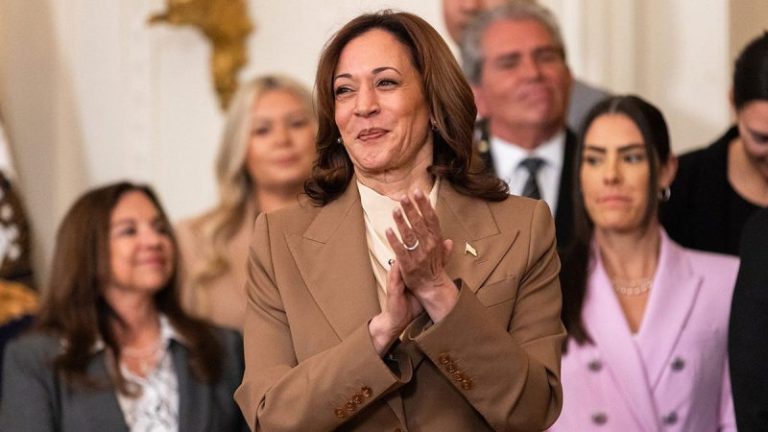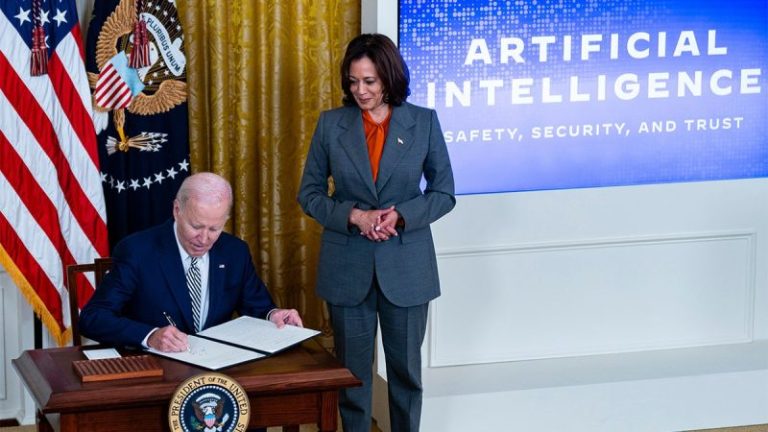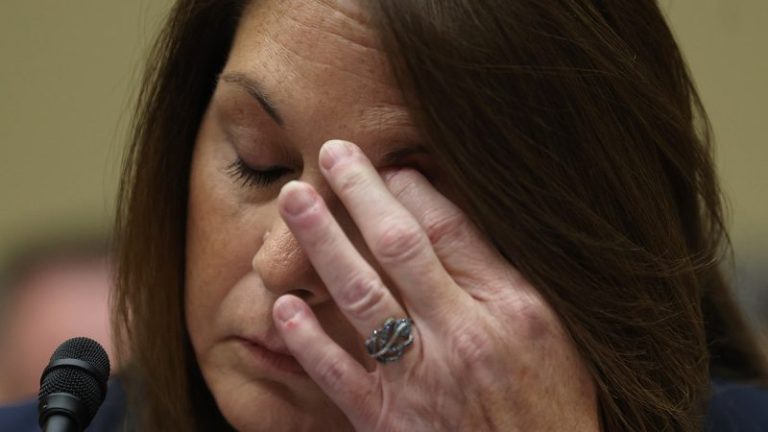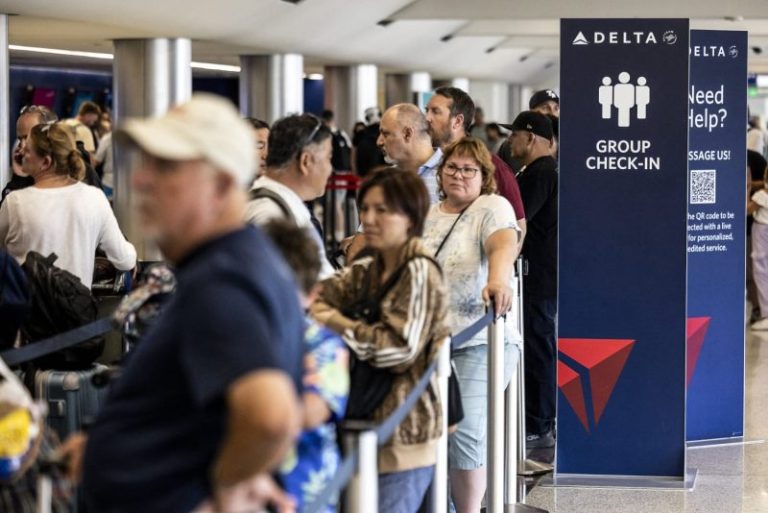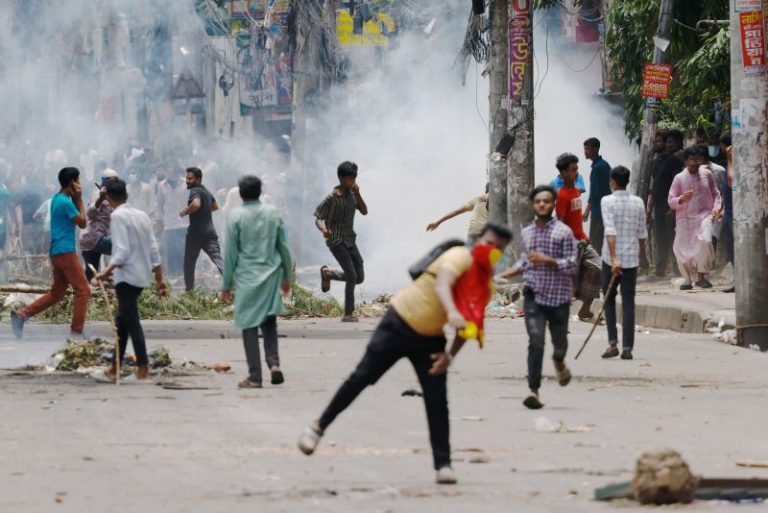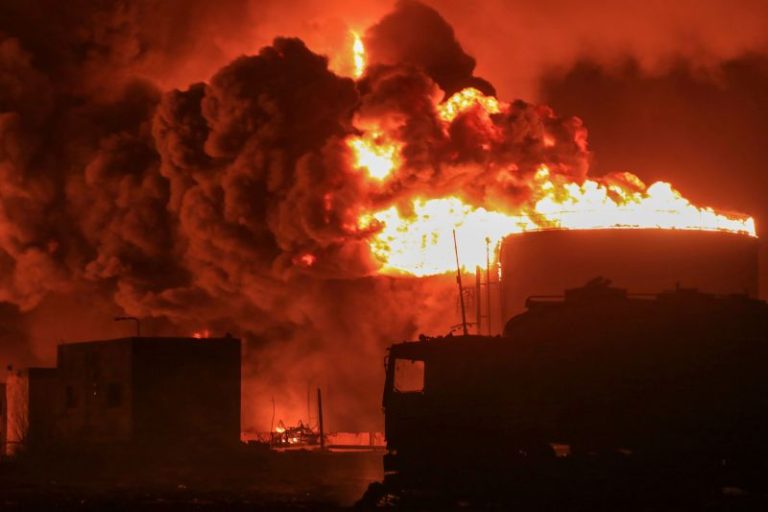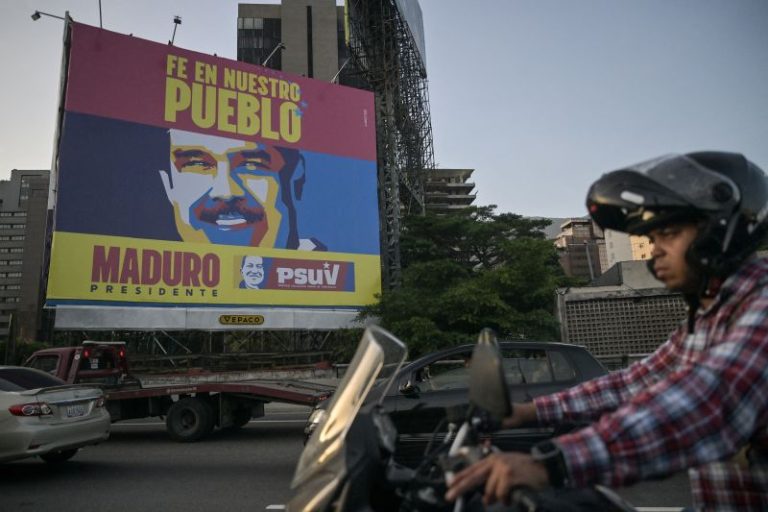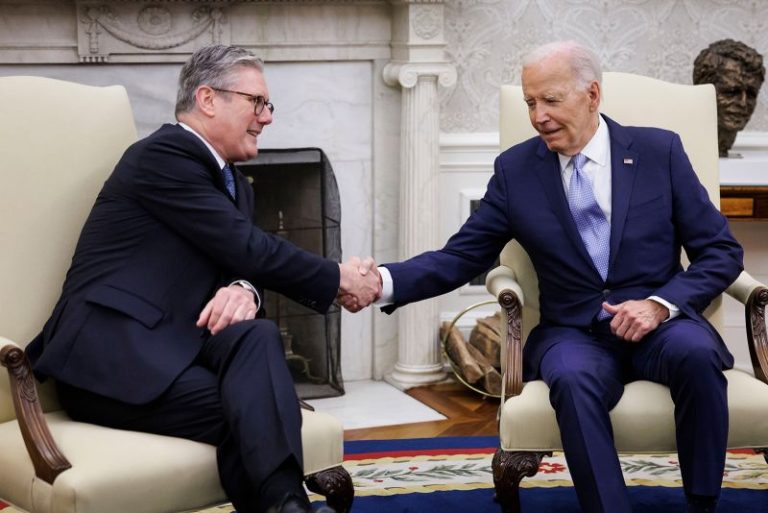Heads up America: Democrats are as phony as they are dishonest. All those accolades pouring in about Joe Biden being an ‘historic’ president and a ‘great public servant’? Phony. Even before his catastrophic debate Biden’s approval ratings were in the gutter.
Gushing over candidate Kamala Harris? Also phony. Democrats have been hand-wringing for months about how they could eject President Biden but not allow the unpopular V.P. to take his place. They are only coalescing around her now because they are panicked that an open selection process would throw their party into total disarray.
Kamala Harris has been one of Joe Biden’s most stalwart defenders, lying brazenly for months about his fitness to serve as president for another four years.
As his vice president, Harris has played a pivotal role in perpetrating one of the greatest political deceptions ever, a deception that has undermined confidence in our political system and put our country at risk. For this alone, she is disqualified from ever serving as this nation’s commander-in-chief.
Still, Republicans need to steel themselves: Democrats are about to put on an incredible show. No, I don’t mean the Democratic Convention in Chicago, which starts on August 19. I mean the tidal wave of money and faux enthusiasm which is about to flow into the campaign to elect Kamala Harris. Democrats everywhere will inundate the airwaves with excited testimonials about Harris’ candidacy; MSNBC hosts will be positively giddy.
Republicans should take a deep breath and remember: it’s the same Kamala Harris. The only reason the V.P. looks good is that she is now being compared – not to Donald Trump – but to Joe Biden. Rather than a shell of a man who cannot complete a sentence or find his way off the stage, the Democrats can now run a person who can unfortunately complete not just one sentence but quite often a salad full of sentences, many of which turn out to be meaningless.
Is Kamala better than Joe? Absolutely.
Is she, on her own merits, a good candidate? Absolutely not.
Consider:
This is the number one issue for millions of voters. She was the point person who was supposed to fix the mess caused by Joe Biden, who reversed Trump policies key to limiting the migrant flow across our border, and she flopped. She never even took it seriously. In an iconic interview early on, when asked by NBC’s Lester Holt whether she had gone to the border, she claimed she had been and when called out for that lie, she laughed hysterically, said she didn’t understand what the reporter was getting at and declared she hadn’t been to Europe, either. Count on it; we’ll be seeing that clueless exchange in Trump/Vance ads, a lot.
She had enjoyed a brief bump in her polling after launching a bold attack against candidate Joe Biden during the first primary debate, accusing him of having historically opposed busing. But during her campaign she flip-flopped on then-popular ideas like ‘Medicare for All’, and failed to craft a coherent message on other issues — including busing. She also failed to raise money. Her campaign was poorly managed and the advantage she was expected to have as a woman of color never materialized. A few months before she exited the primaries a Quinnipiac poll showed her winning only 1% of the Black vote.
The reinventions of Harris were in some cases comical – for example, calling the Second Gentleman Douglas instead of Doug, hoping some gravitas would rub off on the giggling V.P. Based on extensive interviews, Politico described her office as an ‘abusive environment’ and reported that Harris ‘refuses to take responsibility for delicate issues and blames staffers for the negative results that ensue.’
For instance, by March of 2023, nearly half of Democrats did not want Biden to seek another term, but only 13% of the party thought Kamala should take his place. Harris was considered so toxic that Nikki Haley made the threat of her becoming president central to her campaign. Her refrain that ‘A vote for Joe Biden is a vote for Kamala Harris’ was not only to alert voters to Joe Biden’s advanced age and infirmities, it was also a reminder – and warning — that should Biden have to step aside, Harris would be next in line. Haley knew many would consider that a significant threat; she was right.
One heroic effort came from Politico, which about a year ago ran this intriguing headline: ‘Why Kamala Harris is a Better VP than You Think.’ Professor Julia Azari unsuccessfully tried to explain away Harris’ dismal performance, and in frustration suggests that at least the V.P. is the spokesperson for underrepresented groups. But, even she has to concede that Harris is not popular with Black voters.
Govs. Gretchen Whitmer and Gavin Newsom, Transportation Secretary Pete Buttigieg and others are declining to run against the veep for the Democratic nomination.
Is that a sign of support? A sign that Democrats are unified in their enthusiasm for Harris? Hardly. Aspiring Democrats undoubtedly figure Kamala Harris will go down in flames in November, leaving the field open for them in 2028.
They will be right.

